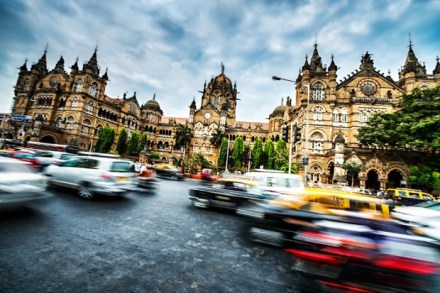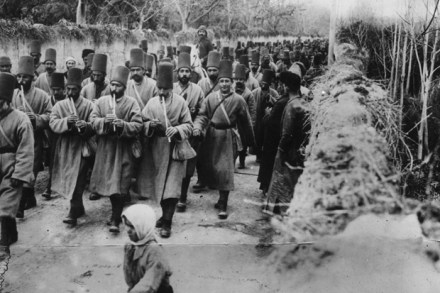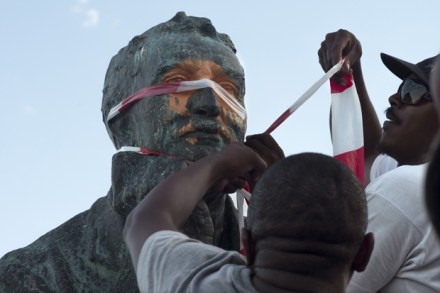‘Help the British anyhow’
The other day, some anti-imperialist students were questioning the presence in their institutions of statues of Cecil Rhodes, a West African cockerel and, very strangely in view of her conspicuously anti-racist convictions, Queen Victoria. In response, a Guardian columnist, who has probably made less effort to learn Hindi than Queen Victoria did, amusingly said that it was time to ‘start a debate’ about the British empire. I would have thought that we have spent much of the last century energetically examining the subject from topknot to shoesole. Nevertheless, there remain some large areas which haven’t been properly considered, and among them is the complex story of India’s role in the















